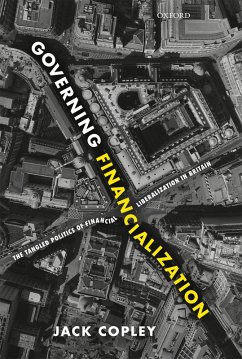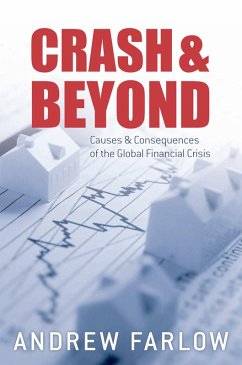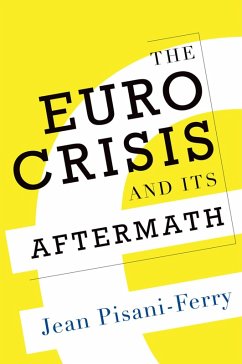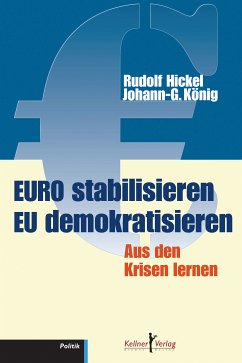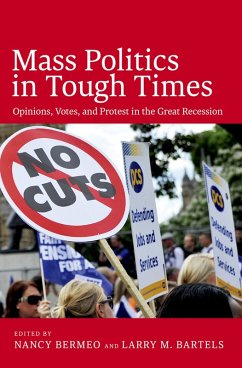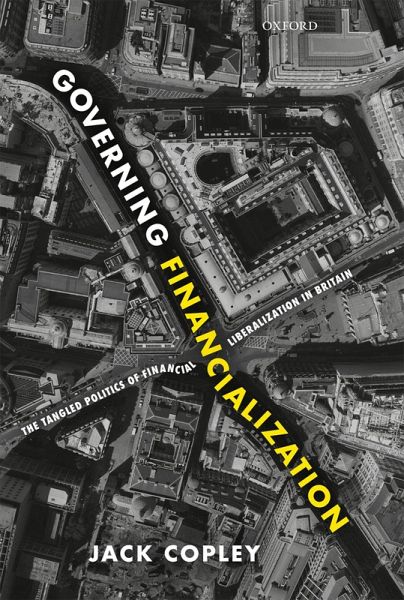
Governing Financialization (eBook, PDF)
The Tangled Politics of Financial Liberalization in Britain
Versandkostenfrei!
Sofort per Download lieferbar
38,95 €
inkl. MwSt.
Weitere Ausgaben:

PAYBACK Punkte
19 °P sammeln!
Capitalism has become 'financialized'. Since the 1970s, the swelling of financial markets and asset price bubbles has occurred alongside weaker underlying economic growth. Yet financialization was not a spontaneous market development - it was deeply political. States fuelled this process through policies of financial liberalization, and the British state lies at the heart of the story. Britain's radical financial liberalizations in the 1970s and 1980s were instrumental in creating a financialized global economic order in which the City of London emerged as a central hub. But why did the Britis...
Capitalism has become 'financialized'. Since the 1970s, the swelling of financial markets and asset price bubbles has occurred alongside weaker underlying economic growth. Yet financialization was not a spontaneous market development - it was deeply political. States fuelled this process through policies of financial liberalization, and the British state lies at the heart of the story. Britain's radical financial liberalizations in the 1970s and 1980s were instrumental in creating a financialized global economic order in which the City of London emerged as a central hub. But why did the British state propel financialization? The conventional wisdom points to the lobbying power of financial elites and the strength of neoliberal ideology. However, Governing Financialization offers an alternative explanation through an in-depth exploration of declassified state archives. By examining key financial liberalizations in the 1970s and 1980s - including the notorious 'Big Bang' - this book argues that these policies were not part of an intentional scheme to create a new finance-led economic model. Instead, they were designed to address immediate governing dilemmas related to the grinding 'stagflation' crisis and its aftershocks. In this era, British governments found themselves trapped between global competitive pressures to enforce painful domestic adjustment and national political pressures to maintain existing living standards. Financial liberalization was pursued in a trial-and-error manner to navigate this dilemma. By unleashing financial markets, the state hoped to either postpone the worst effects of the crisis, or enact tough economic restructuring in an arm's-length fashion. Financialization was an accidental outcome, not an intentional result.
Dieser Download kann aus rechtlichen Gründen nur mit Rechnungsadresse in A, B, BG, CY, CZ, D, DK, EW, E, FIN, F, GR, HR, H, IRL, I, LT, L, LR, M, NL, PL, P, R, S, SLO, SK ausgeliefert werden.




